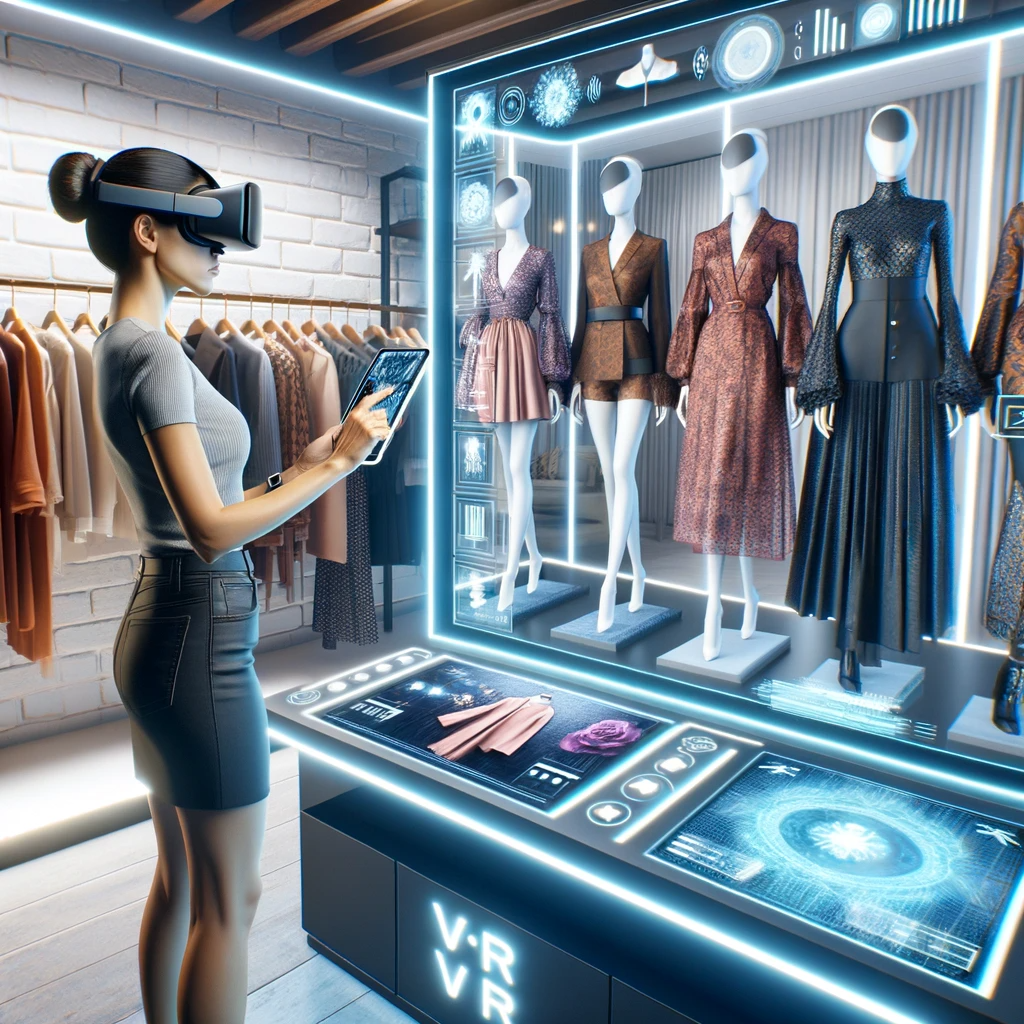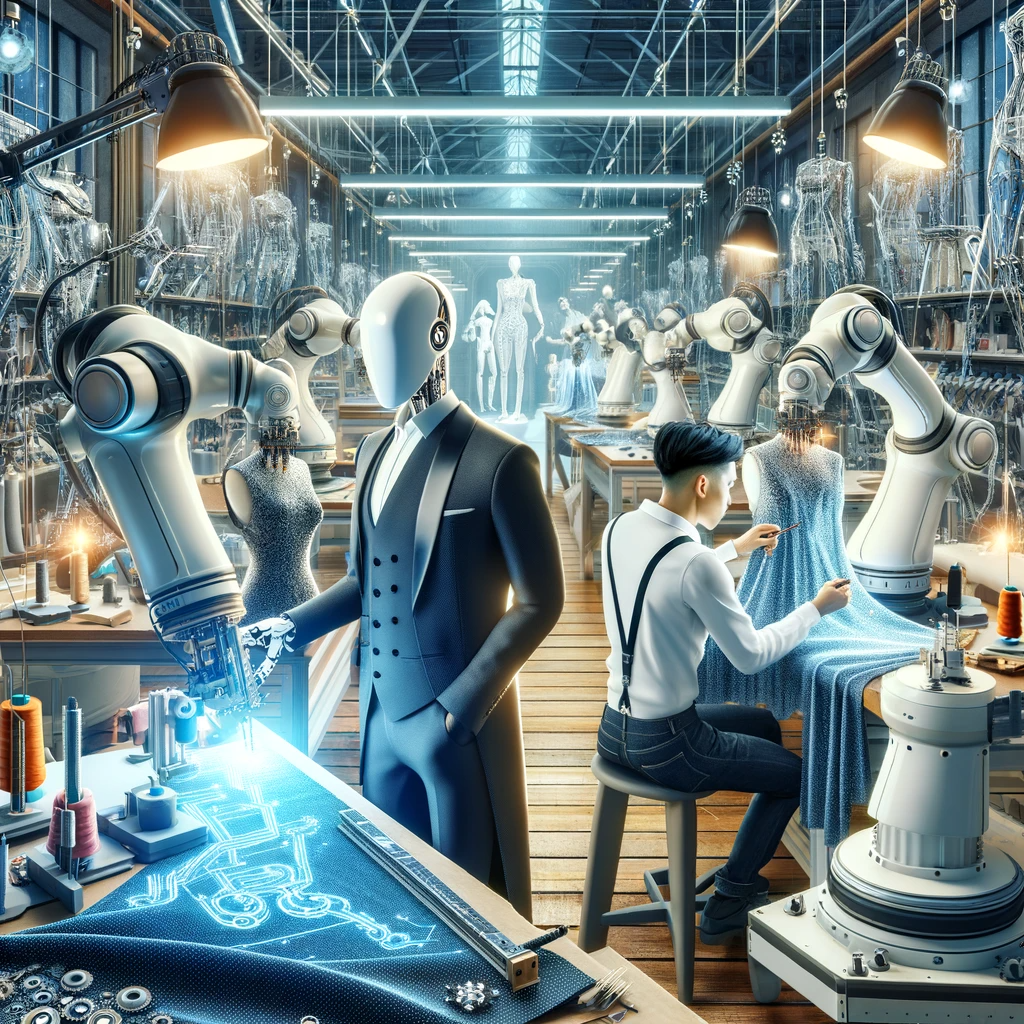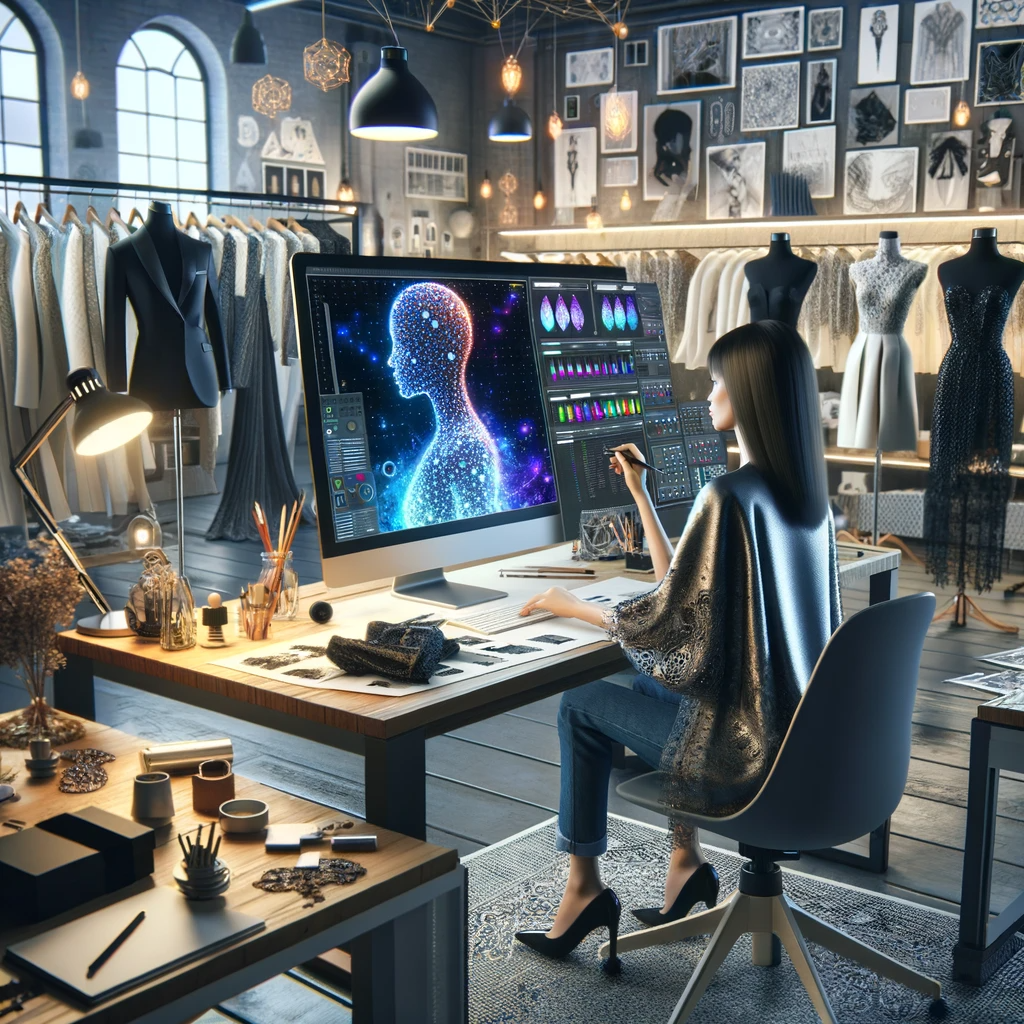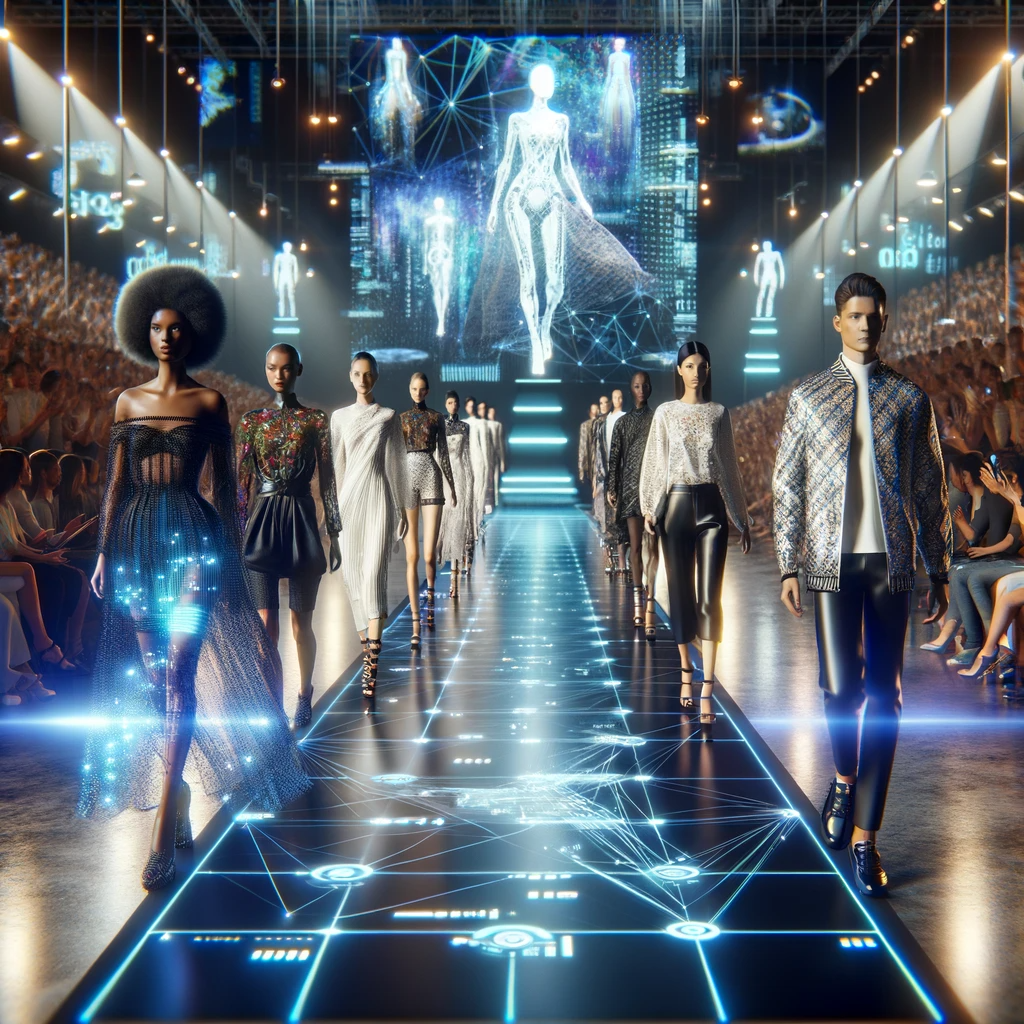The fashion industry, known for its creativity and dynamism, is now at the forefront of technological innovation, with Artificial Intelligence (AI) leading the charge. AI’s influence in fashion has become increasingly pronounced, reshaping the landscape in multiple dimensions. From predicting industry trends to offering personalized shopping experiences and revolutionizing design processes, AI’s role is both transformative and expansive.
In this article, we will delve into the various facets of AI’s impact on fashion. We will explore how AI is employed to analyze and predict emerging fashion trends, effectively utilizing vast data sets from social media, online searches, and sales statistics. Personalized shopping experiences, enhanced by AI, are revolutionizing the way consumers interact with fashion brands, offering tailored recommendations and innovative virtual try-on solutions. Furthermore, the article will uncover how AI is being integrated into the design process, fostering innovative designs and streamlining production.
Key areas such as “AI in fashion,” “personalized shopping,” and “innovative design” will be the focus, providing insights into how AI is not just an adjunct but a central player in the fashion industry’s evolution. Readers can expect to gain a comprehensive understanding of AI’s current applications in fashion, the benefits it brings, and the potential challenges and future prospects it holds. By the end of this article, you will have a clearer picture of how AI is not just changing fashion but also setting new standards for the industry’s future.

AI Shaping Fashion Industry Trends:
The fashion industry, always on the cusp of innovation, is now harnessing Artificial Intelligence (AI) to predict and shape future trends. AI’s ability to analyze large datasets is revolutionizing how fashion brands forecast what’s next. By leveraging data from diverse sources such as social media, online searches, and sales patterns, AI tools offer unprecedented insights into consumer preferences and emerging trends.
These AI-driven analytics enable fashion brands to stay ahead of the curve, ensuring that they align their designs and stock with evolving tastes. Predictive analytics in fashion not only helps in creating trendier and more relevant collections but also aids in efficient inventory management, reducing the risks of overproduction and stockpiles.
Moreover, AI’s role in identifying trends plays a significant part in fostering sustainable fashion. By accurately predicting demand, brands can avoid excess production, contributing to more sustainable industry practices. The implications of AI in fashion trend analysis are far-reaching, encompassing everything from design conception to the final product hitting the stores.
Keywords: “AI-driven fashion trends,” “predictive analytics in fashion,” “sustainable fashion.”
Personalized Shopping Experiences Enhanced by AI:
AI is dramatically personalizing the shopping experience, making it more tailored and customer-centric. Technologies such as virtual fitting rooms and AI chatbots have transformed the way consumers shop. Virtual fitting rooms, using AI and augmented reality, allow customers to try on clothes virtually, providing a convenient and personalized shopping experience. Similarly, AI chatbots enhance customer service by offering instant, tailored responses to customer queries.
Personalized product recommendations, another AI-driven feature, use consumer data to suggest items that align with individual preferences and previous shopping behavior. This not only enhances customer satisfaction but also positively impacts sales by providing a more relevant shopping experience.
However, integrating AI into the retail experience comes with its challenges. Key among these is maintaining customer privacy and data security, ensuring that personal information used for customization is protected and handled responsibly.

AI in Fashion Design and Production:
AI’s involvement in the fashion industry extends to the design and production phases, fostering innovation and efficiency. In fashion design, AI is used to create unique and innovative designs through generative algorithms, which can generate new patterns and styles by learning from existing fashion data.
In production, AI aids in optimizing various processes, including fabric selection and supply chain management, ensuring that operations are more efficient and cost-effective. The use of AI in these phases not only speeds up the production process but also helps in reducing waste, contributing to more sustainable practices.
Several fashion brands have successfully incorporated AI into their design and production processes, leading to groundbreaking collections and streamlined operations. These case studies exemplify the potential of AI to revolutionize the traditional fashion production model.
Challenges and Future of AI in Fashion:
Implementing AI in fashion comes with its set of challenges. Technological barriers, such as the need for high-quality data and advanced AI algorithms, are primary concerns. Additionally, ethical issues, including the responsible use of consumer data and the impact of AI on employment in the fashion industry, are crucial considerations.
Looking ahead, the future of AI in fashion is bright, with potential advancements in AI technology promising even more groundbreaking applications. These may include more advanced personalization techniques, AI-driven sustainable practices, and innovative design tools.
The balance between technology and human creativity remains a key focus, ensuring that AI acts as an enabler rather than a replacement for human ingenuity in fashion.

Conclusion:
Throughout this article, we have explored the multifaceted role of AI in the fashion industry. From shaping industry trends through predictive analytics to enhancing personalized shopping experiences and revolutionizing design and production processes, AI’s impact is profound and far-reaching. The potential for AI to drive innovation and sustainability in fashion is immense, heralding a new era of intelligent fashion. As the industry continues to evolve, the relationship between AI and fashion will undoubtedly grow stronger, paving the way for a more innovative, efficient, and sustainable fashion world.
